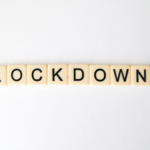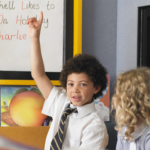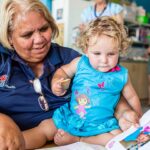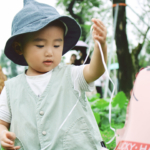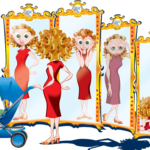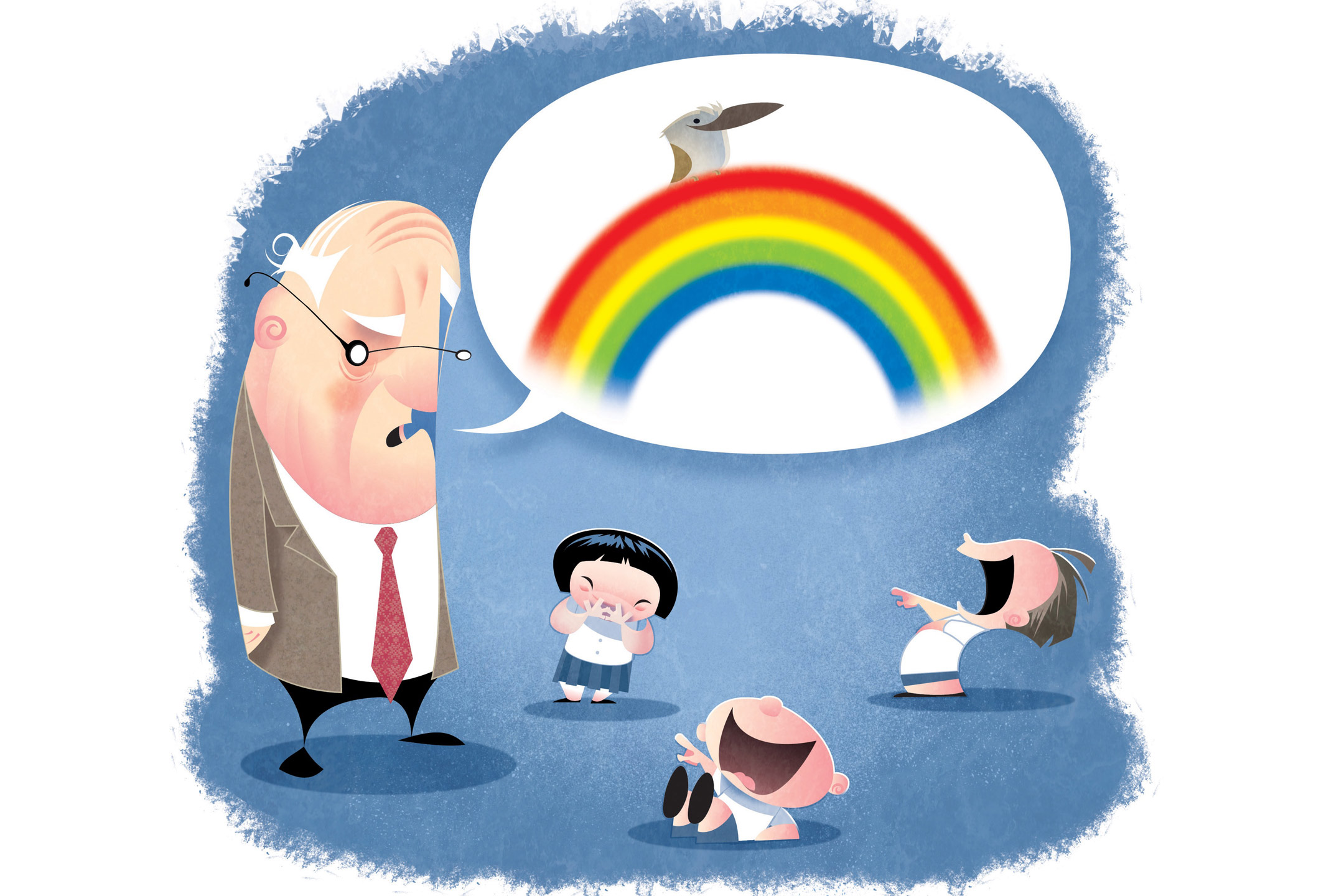
14 Mar Defining moments in playground language
Kids have a tendency to give our language a whole new meaning, writes Donna Reis.
At my children’s primary school back in 2011, maths lessons are gay. Salami sandwiches are gay. Ironically, boys playing with girls in the playground is gay.
In the late seventies, when I was nine, my family spent a year in Adelaide. The unique insult that Adelaide children used in the playground back then was ‘minda’, pronounced min-da, and meaning that the person you were referring to was either very uncool or somewhat less than bright. ‘Do you seriously like the Bay City Rollers, you minda?’ was how it might be heard. I found out much later that the use of this quaint-sounding playground term was more sinister and unkind than it seemed – Minda was the name of Adelaide’s major support centre for people with intellectual disabilities.
The widespread use of the term across Adelaide playgrounds must have caused headaches for parents and their children at Minda, who had to endure the city-wide ‘in joke’ for many years. But when kids set out to put their own spin on language, they seem to have the knack of choosing words that will cause the adult world offence.
At my children’s primary school, maths lessons are gay. Salami sandwiches are gay. Ironically, boys playing with girls in the playground is gay. I tried to fight it, but my children and their school-age counterparts across the English-speaking world were using the word ‘gay’ exclusively to indicate that something is a complex combination of dumb, daggy, boring and unlikeable.
This new type of gaiety proved all too much for one primary school principal.
He dared to tinker with the lyrics of ‘Kookaburra [Sits in the Old Gum Tree]’, changing the last line to ‘Fun your life must be’ when teaching the song to the children. “I know if we sing ‘Gay your life must be’, the kids will roll around the floor in fits of laughter,” he told a talkback radio host after the story had made the news. The principal was roasted by the this-is-political-correctness-gone-mad camp of talkback-radio listeners. But what was the poor bloke to do? His sanction was an honest but doomed attempt to maintain some sensitivity across generations all speaking a different language.
I love this story because it’s really about generational confusion regarding not one but two evolutions of such an unassuming little word. The seniors who rang the station that morning saw it as another rather hopeless opportunity to defend the word’s original, long-gone meaning (“Gay really means happy, you know”). Gen X-ers were furiously debating whether or not the lyric change was a slur to the gay community. But the kids in the background of the story were laughing about having to sing such a clearly ridiculous song about a lame kookaburra having a boring life in a tree.
The kids have hijacked ‘gay’ completely, and for them, it means something entirely different from its previous two incarnations. In the same way that the term ‘minda’ was used fairly innocently by most kids, I went to school with back in the seventies, primary-school children don’t use ‘That’s so gay’ to imply homophobia.
It’s inevitable that one day, ‘That’s so gay’ will go the way of the Bay City Rollers and their flared tartan pants, and we’ll have a new, creative and controversial playground term to deal with.
Illustration by Pat Campbell


